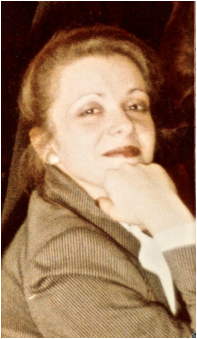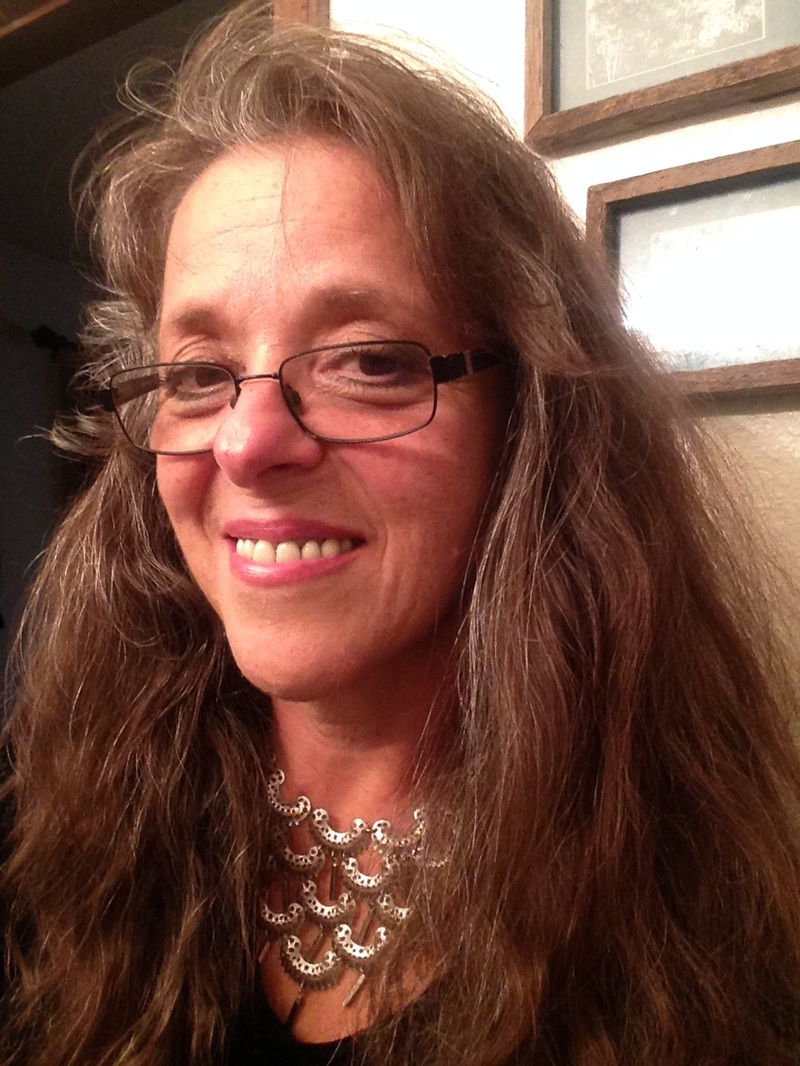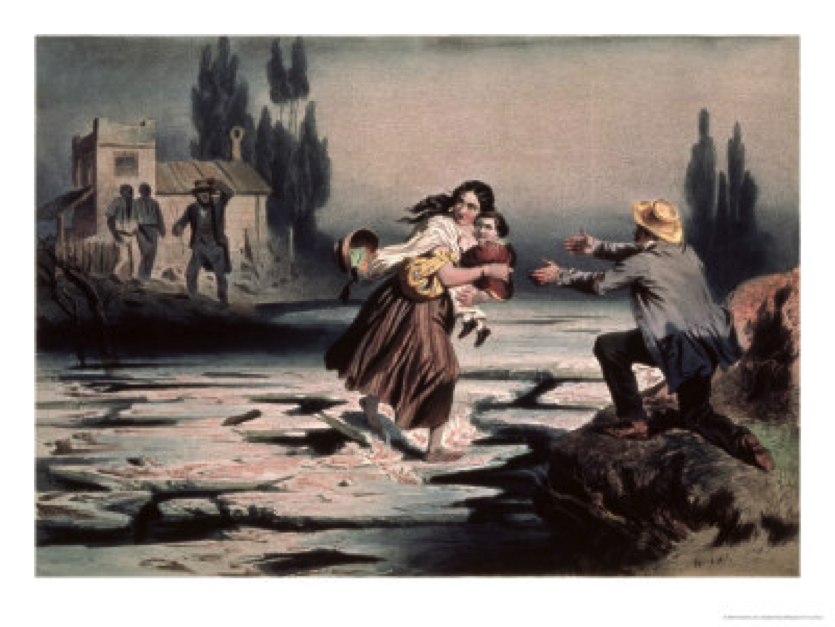|
I don't know exactly when I became a racist. It happened slowly, without me knowing it. It rolled in like a slow, damp fog to inhabit the spaces between my cerebral neurons. I had no awareness that it was there, percolating through brain cells to infuse into my thought patterns. I didn't think I was racist as a child. I didn't think I was racist in high school. I didn't think I was racist in college. I didn't think I was. But I do remember, exactly, when I discovered, I was racist. I have not recounted this memory to many people. It's embarrassing. It is a memory filled with shame and shock. And self-revelation. Whenever I meditate on this memory I still feel a retching fullness in the back of my throat and my chest tightens. But it merits confession, because that's when I started "to think". It became the impetus for change. I grew up in bucolic upstate New York (emphasis on upstate) amid dairy farms and hay fields. We had one television and it was black and white. There were a few Black families in my town, but I didn't know them. Everyone I knew was White. My first job was at fourteen years old selling corn at a local corn stand. I sometimes helped the farmer milk his cows. We had horses in the back pasture and chickens and pigs in the woods next to our house. We grew our own vegetables and made our own cheese and butter with raw milk dipped out of the vat from the farm down the road. We tapped and boiled down our own Maple syrup from the trees on our land. I was so "country". In 1977, at eighteen, I took country with me to college. College was the State University College at Buffalo (SUCB) also known as Teachers College and Buffalo State. Not only was it in an urban setting, but it was also a college of choice for numerous Black students from "The City", as in, New York City. Which I had never set foot in. It was a foreign land to me. They brought "The City" to college with them, with Brooklyn and the Bronx on their tongues. Accent crossed with city-slang was a troublesome combination for my country ear to discern. It sounded like a different language to me. Literally. I'd walk past Black students in the student union with my head down thinking, "Please don't say anything to me. Please don't say anything to me. PLEASE don't say anything to me. Because if you do I WON'T UNDERSTAND A LICK OF WHAT YOU'RE SAYING!" I'd imagine myself standing there, with some young Black person probably asking me "What time do you have?", and me with a deer-in-the-headlights look on my face because I was sure I WOULDN'T BE ABLE TO UNDERSTAND THEM. Then I would be exposed in all my ignorant glory. And then they'd point at me and laugh and I'd run away crying. That was my nightmare. Mercifully, it never happened. That wasn't racist. That was naivete. Lack of experience in life and with people. Eventually, my ear became attuned to city-speak and that "downstate" accent. It helped that my first roommate, Sheila, was Black and from The City. And that five out of the eight women in my suite that freshman year were Black. Two were from "The City", two were Jamaican, and one was Dominican who spoke English with a Spanish accent. That kind of frazzled my mind because I didn't know that people like her existed let alone lived in the room next to me. And those women - they were all beautiful. I felt like a country bumpkin compared to how they dressed and carried themselves. I made friends and established positive relationships with people of other races. For my sophomore year, I became a resident assistant, and worked with and for other Black students in my dorm. I was overcoming my fear and immaturity, and to accelerate the process, I decided to take a Black History class. My reasoning? If I was going to become a teacher, I'd likely have Black students, and I better understand Black History. So on I went. The professor was Black, as were most of the students. I was one of two or three White kids in a class of about forty students. Initially, I was not well received. One must remember this was ten to fifteen years post Civil Rights, and my inquisitiveness was not always welcomed. A couple weeks into the new semester a knock sounded on my suite door. It was two girls from the next suite over. They were in my Black History class and were themselves Black. They wanted some help on the homework, so I invited them in and we discussed the issue at hand. They were young and chatty and we talked easily. They stayed about ten minutes, resolved their questions, and then were off to do their homework. I was happy they came. I was proud to be able to help out. Of course they came to me. After all, I was friendly....and smart....and White. And a little wave of superiority rippled through my mind. I barely noticed it. Wait. WAAAAIIIIIIIITTTTTTT! Wait wait wait wait WAIT! WHAT THE HECK WAS THAT? I sat down on my bed in that little room in Low Rise East, and contemplated what had just happened. A very subtle, racist thought had just wafted through my head, and I'd barely noticed it. How often had that happened in the past and I'd never noticed it. A sick realization rose to consciousness. I thought I was better than. I thought I was smarter than. Because I was White. But I didn't hate Black people! I didn't use "the 'N' word or call them derogatory terms! I wasn't the angry face of racism who shouts epithets and fights to maintain segregation! So I wasn't racist, right? Wrong. Then where did that thought come from? That was a supremacist thought. That thought is what a racist thinks. And that's what it made me. A racist. It was the seminal moment on which my whole life turned. That's when I began to really think. And change. “We but mirror the world. All the tendencies present in the outer world are to be found in the world of our body. If we could change ourselves, the tendencies in the world would also change. As a man changes his own nature, so does the attitude of the world change towards him. This is the divine mystery supreme. A wonderful thing it is and the source of our happiness. We need not wait to see what others do.” – Mahatma Gandhi
3 Comments
1/24/2020 04:13:04 pm
Once I realized what my true self was all about, the everything just got better. I was able to go and enjoy the life that I have left. I have no idea when my life will end, but at least I know who I am. I think that it is important that I continue to go and think about it, though. I hope that I can start to make new things, I am still learning, and it is fine, it really is.
Reply
5/10/2022 01:19:36 am
What an exquisite article! Your post is very helpful right now. Thank you for sharing this informative one.
Reply
Leave a Reply. |
Susan Parlato RevelsArchives
June 2024
Categories
All
links to other sites
www.abuacademy.com
|


































 RSS Feed
RSS Feed